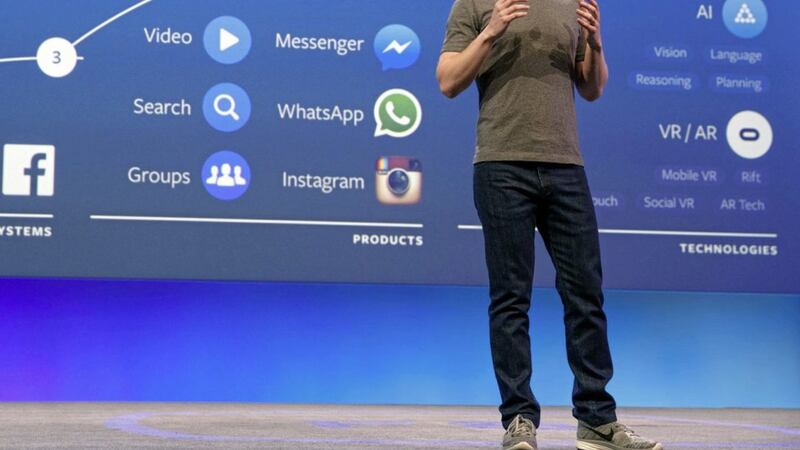I DOUBT those hacking into the system had much problem working out passwords; entering either 1690 or 1916 would no doubt have gained access into most accounts.
And what did the hackers expect to discover, breaking into an Assembly that’s been moribund for over a year? Any emails from politicians would probably have been enquiries to holiday companies sorting out summer breaks, while those from staff would be to bosses asking if they could go home early as there was nothing to do.
The hack of 500m Facebook accounts by Cambridge Analytica is of a completely different order. What surprised me about the Facebook story was that people were surprised. There has been a litany of similar hacking breaches of major companies and institutions over the last decade.
The reality of online security is there is no such thing as online security. If hackers can breach the US military – achieved most spectacularly by Wikileaks – why are we surprised that a social media company was vulnerable?
We need to wake up to the reality that every time we make an online search, or make a purchase, or upload pictures or videos to a social media site, we are handing that information over to those with an interest in harvesting it.
The Faustian pact we enter into online is the sacrifice of our privacy for the convenience the Internet offers by way of communication and commerce.
For most of us the price is worth paying; unless you happen to be a politician, where a career can be destroyed by stupidly presuming on online anonymity which doesn’t exist: the recent case of Tory MP Damian Green, who was forced to stand down as a member of Theresa May’s Cabinet after he was accused of accessing pornography from his Westminster computer, proves the Internet never forgets.
It's bad enough when politicians inadvertently leave themselves open to criticism online, but what I find completely baffling is those who seem to deliberately make fools of themselves through either ignorance or stupidity.
The world leader of such idiocy has to be US President, Donald Trump, whose Twitter utterances are beyond parody. While every word uttered by a President would once have gone through a myriad of checks, Trump excretes his thoughts to the world directly via Twitter.
That there are no external checks of his tweets is beyond doubt, as they’re invariably peppered with both misspelling and childish grammar.
Once they would rightly have been dismissed as the ranting of a television nonentity; however, as President, they carry a gravitas which is terrifying. If proof of this were needed, his tweet this week attacking Amazon led to a $53 billion drop in that company’s market value.
A Twitter employee became worldwide hero last year when he took it upon himself to pull the plug on Trump’s account on his last day at work with the company; sadly it was quickly reinstated.
Not that we can be smug, as our local politicians have similarly failed when taking to social media. Our most recent culprit is Ian Paisley Jnr who re-tweeted an anti-Muslim racist comment by Katie Hopkins.
Mr Paisley’s excuse for this egregious lack of judgement was he’d not taken time to properly read the offensive tweet. I suggest that if you can’t digest 140 characters, you really should get yourself into a remedial reading class immediately.
That Sinn Fein were quick to jump on Paisley’s social media gaffe proves how short and selective their collective memory is; after all, isn’t it only a matter of a few months since the Barry McElduff 'Kingsmill' incident.
This followed Gerry Adams use of the 'N' word when commenting on the Quentin Tarantino film, Django Unchained. In both cases, the defence used was that neither 'meant to offend': I’d hate to see what they’d come up with if offence was their intention.
There may be a silver lining for one man, as the McElduff and Adams online disasters could inadvertently hasten the rehabilitation of Daithí McKay, whose days of exile to a call centre gulag may be coming to an end.
After all, what was McKay’s crime? He coached Jamie Bryson. I mean, a Catholic coaching a Protestant? If he’d done that anywhere else, he’d have been given a grant.









